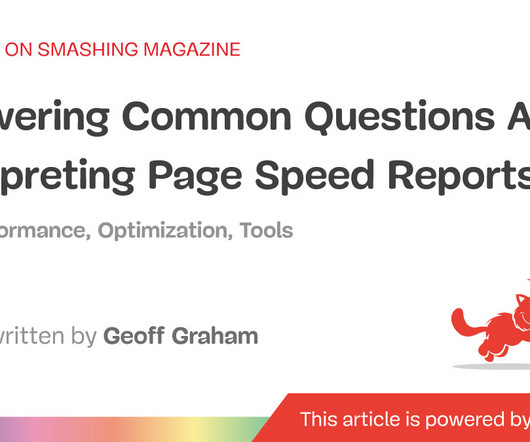Generative AI model observability, cloud modernization take center stage with partners at Dynatrace Perform 2024
Dynatrace
JANUARY 23, 2024
With our annual user conference, Dynatrace Perform 2024 rapidly approaching on January 29 through February 1, 2024, our teams, partners, and customers are buzzing with excitement and anticipation. Read on to learn what you can look forward to hearing about from each of our cloud partners at Perform.












Let's personalize your content